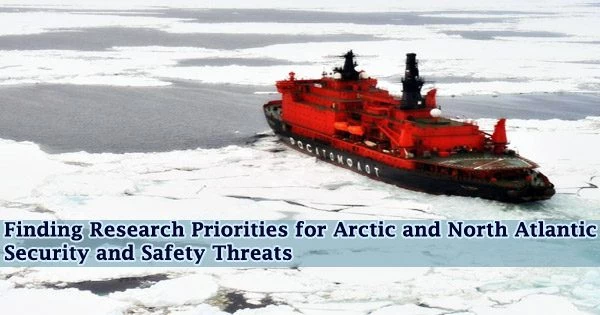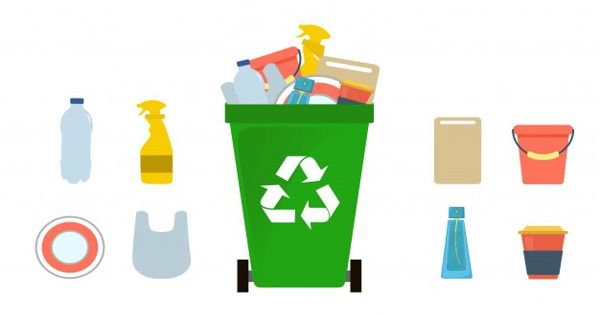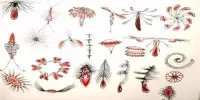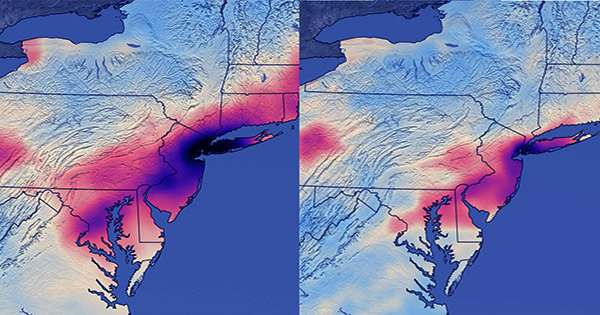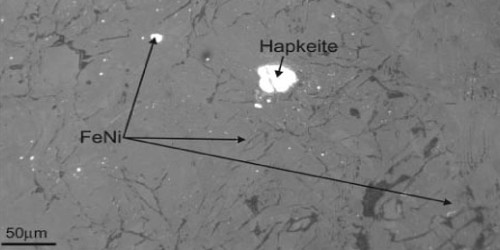For the Arctic and North Atlantic (ANA) region, a new strategy has been created for identifying and prioritizing research efforts pertaining to marine safety and security challenges.
PICK (Possible, Implement, Challenge, Keep Back) charts and mathematical goal-seeking techniques have been modified by researchers from the University of Portsmouth to help prioritize needs and innovations to address security and safety threats that will arise from increased commercial activity in the area.
In terms of fisheries and activities associated with them, the ANA region has historically been significant. The area is becoming more and more well-known, which has increased traffic and human activity such as tourist, transportation, research, and navy fleet boats including submarines.
As a result, there is a higher likelihood of maritime catastrophes and security threats such piracy, terrorism, collisions and accidents, natural disasters, pollution, and environmental effects.
It is important to classify and prioritise the research and innovation that needs to take place, in both the short and long term, in order to keep the ANA region safe and secure in the future. This research will guide our international ARCSAR partners in the future in their actions to lessen the probability and impact of catastrophes such as oil spillages and cruise ship accidents in their region.
Preofssor Dylan Jones
The new approach will make it possible to ensure that the most important marine safety and security research and innovation is carried out among governments, business, and security organizations across numerous jurisdictions.
The research was carried out as part of the Arctic and North Atlantic Security and Emergency Preparedness Network (ARCSAR), an EU-funded project to establish the first formal security and preparedness network for the ANA region.
The initiative unites security and preparedness practitioners, academia, industry, and government to foster interaction and innovation in search and rescue as well as oil spill response. There are 20 partners in all from 12 different countries, including the University of Portsmouth.
Dylan Jones, Professor of Operational Research at the University of Portsmouth, said “It is important to classify and prioritise the research and innovation that needs to take place, in both the short and long term, in order to keep the ANA region safe and secure in the future.”
“This research will guide our international ARCSAR partners in the future in their actions to lessen the probability and impact of catastrophes such as oil spillages and cruise ship accidents in their region.”
